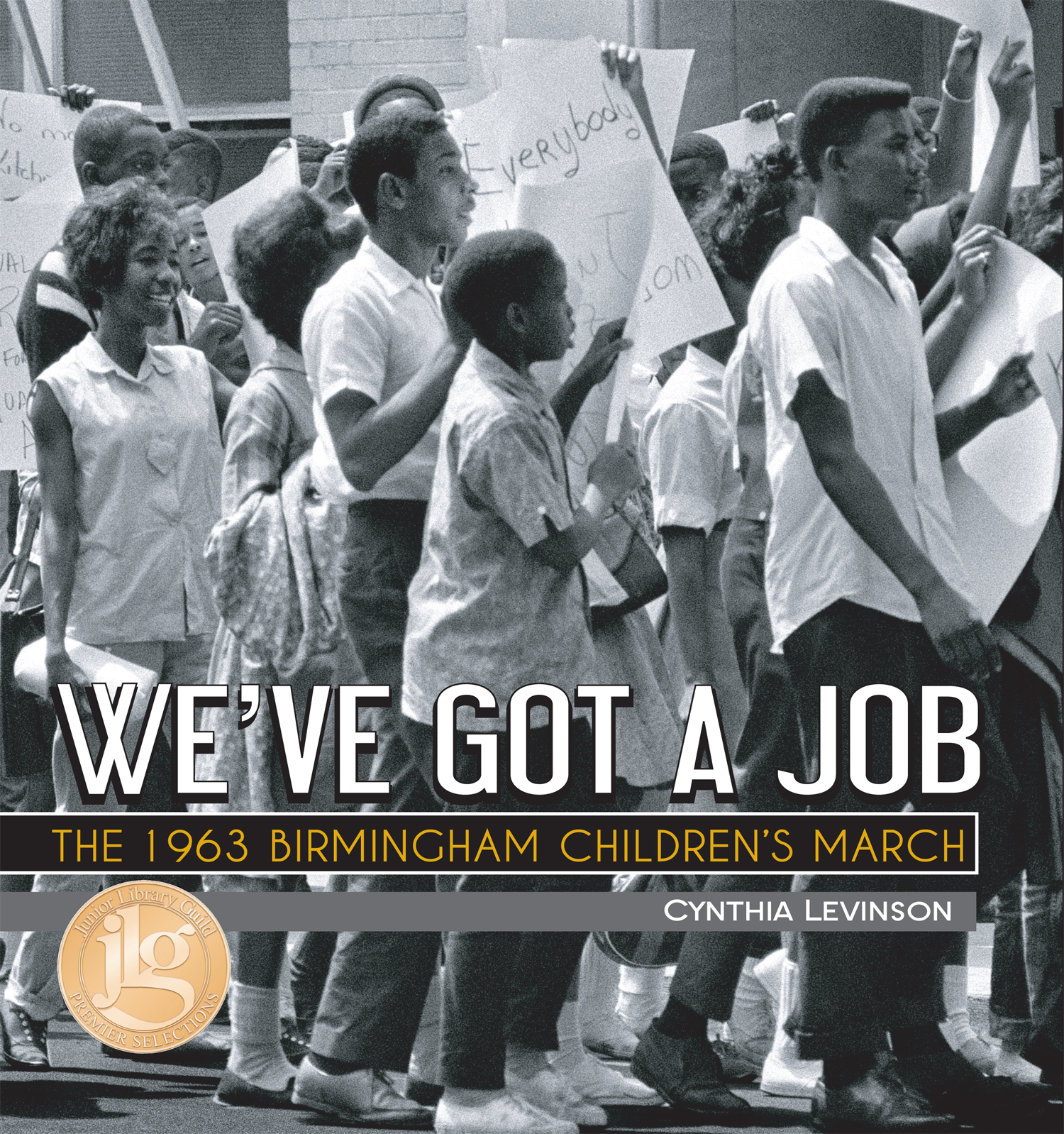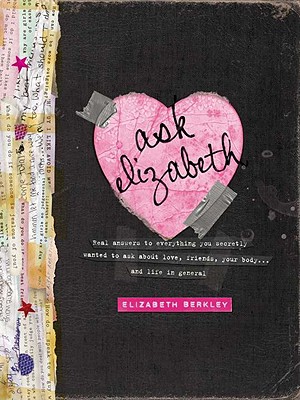It is possible to be objective about a book, to judge literary quality based on established criteria, to separate the reader-self from the text on the page.
However, it’s probably impossible to do all that 100%, and do it 100% of the time.
A professional part of me says I should try my darndest to be that objective reader, but a big part of me doesn’t really want to bother.
(And maybe the biggest part of me just doesn’t want to? The part that likes the intersections of self and reading, that finds it amusing to chill out in this in-between? This is why I insist on keeping a blog that is about a lot of books but also in no way claiming to be a professional resource, and also why I have a lot of persistent professional angst…)
And how, exactly, do you read these three books in the same weekend and not let the reading experience of one bleed into the other?
Beyond Courage: The Untold Story of Jewish Resistance During the Holocaust
by Doreen Rappaport
There are so many books about the Holocaust for young readers, but heck if this isn’t the most encyclopedic that I’ve encountered. And Rappaport doesn’t just retell the same retellings – instead, this book is thick with stories you haven’t heard, the often minute tales of bravery, ingenuity, and self-sacrifice enacted by Jews while they were oppressed, tortured and killed. This book is dense for certain – it took me a few weeks to muster up the energy to make it through, but man, these stories are wild! People crawling through sewers, starting armed forest civilizations, pitching homemade bombs into Nazi strongholds, and general badassery. See Marc Aronson’s NYTimes review for more coherent descriptions (maybe more professional? maybe not… I’ll let you judge).
We’ve Got a Job: The 1963 Birmingham Children’s March
by Cynthia Y. Levinson
This is another book about unsung heroes, this time of the American variety. I took an extremely comprehensive course on the American Civil Rights Movement while in college – probably the most life-influencing course this white girl has ever sat in on, by the way – and I’m sure we learned about this march in class. However, Levinson writes about the movement in Birmingham and its participants in such vivid specificity that I couldn’t remember a single thought or assumption I had before I opened this book. Focusing in on the particular experiences of four youngsters from different backgrounds and neighborhoods, creating her text with heavy research and interview material, Levinson captures not only the tremendous maturity and resolve necessary to willingly submit oneself to angry dogs, police with billy clubs, fire hoses, and, oh, jail, (AT FOURTEEN!), but also the experience of just being a young teen during this time of Jim Crow. What it felt like to look into a restaurant from the outside and see a banana split that looked good but know that you were not allowed inside, would never be allowed inside, and that was that. What it felt like to realize that you, just a kid, had the power to influence change, and were maybe even essential to the cause.
Yes, I’ve been in a bad mood, been hormonal, been pretty crazy… but this book made me cry.
Ask Elizabeth: Real Answers to Everything You Secretly Wanted to Ask About
Love, Friends, YourBody… and Life in General
by Elizabeth Berkley
To Berkley’s credit, this is probably a book I would have lovvvvvved as a ten, eleven, twelve-year-old. As an oldest child, tween and teenhood, to me, felt like a foreign landscape that I was walking through, alone, and believe me, I knew a written map when I saw one.
However, it is not possible for me to read a book as if it exists in a vacuum, 100% impermeable to the rest of my life and the world.
And it was 100% impossible for me to read a book about bffs, crushes, and self-esteem, penned by a non-expert celebrity, no less, without One! Thousand! Eye! Rolls!
Maybe it there was one reference to the following video clip, I could have taken this book seriously.



Of all the celebrity tween girl self-help books, Kennedy’s “Hey Ladies!” is easily the best.